
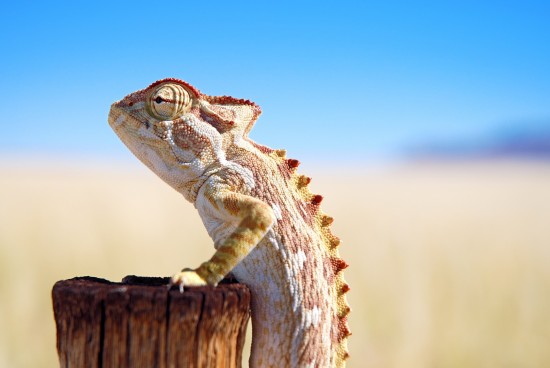
There are certain species of reptiles that have very specific nutritional needs and if they are not fed the correct diet end up with a nutrient imbalance of essentials things like protein, minerals and vitamins. Nutritional disorders in reptiles can lead to other diseases taking hold and which can also prevent the correct use of nutrients. In short making sure a pet reptile is fed the correct diet is essential to their well being.
On top of taking care to feed a reptile the correct diet, it's also crucial they be kept in the right sort of enclosure. If a reptile is kept in an unsuitable or unhygienic environment, they will soon develop some sort of respiratory disorder which could prove fatal. This is why anyone who is thinking about either buying or adopting a reptile and who has never kept one before, should do as much research as possible before deciding if they can firstly, afford to keep one and secondly, have the right amount of time to look after their pet properly.
Any reptile that loses its appetite might need to be force-fed in order to correct any imbalances and deficiencies in the nutritional needs. If you've never force-fed your pet before, it might be worth contacting your vet so they can do this for you, and also show you how it should be done. Another reason for a vet to force feed a malnourished reptile, is they might be suffering from dehydration and if this is the case, force-feeding them can lead to all sorts of other serious health problems.
You will soon see whether your pet is dehydrated by the condition of their skin. If the skin along the sides of your pet is saggy or if their eyes appear sunken, they could be severely dehydrated and would need to be administered both fluids and electrolytes by a qualified vet. If your pet is just mildly dehydrated, fluids may be administered by soaking them in water and letting them drink a little if they are alert enough to do so. However, dehydration can prove fatal to reptiles and it's far better to take them to the vets if you are at all anxious or worried about their condition.
Malnourished reptiles look very similar to ones that are dehydrated with a loss of tissue, and very noticeable bones. A starving reptile will have a gaunt appearance and often their eyes appear sunken. Vets like to force-feed them with a specifically prepared mixture that contains all the nutrients, vitamins, minerals and proteins they need to get them back on the road to recovery, and when happy with their progress, a vet will recommend the reptile be put back on a correct diet of whole small animals or anything else they normally eat.
However, if the reptile still needs to be force-fed the whole food they normally eat, this would need to be coated in egg white before being gently being pushed into their mouths so they can swallow it without any difficulty. When it comes to environmental conditions, a reptile that's showing no sign of wanting to eat, needs to be kept in optimal conditions because if it is not, the fluids and nutrients they are fed will not be used correctly.
Reptiles just like humans suffer from gout and it happens when their blood contains too much uric acid. There are two types of gout with the first being visceral gout which affects a reptile's organs, and the second is articular gout which affects their joints.
In order to make a correct diagnosis, a vet would need to take X-rays of your pet to see if there is any mineralised salt deposited by the uric acid in any of the affected organs or joints. Too much protein in a reptile's diet, may be the cause of visceral gout, but it could be due to dehydration or kidney damage. Whichever type of gout it happens to be, it's a very painful condition that causes a lot of stress and discomfort to reptiles. They will refuse to move, drink any water or eat which leads to malnutrition and dehydration.
If your pet is suffering from visceral gout you would need to check your pet's diet and discuss this with your vet to see what changes need to be made. If the vet feels it is necessary, they might want to treat your pet with similar drugs that are used in humans with the condition, but these are only effective if the condition is diagnosed early enough. If it's in its advanced stages, the outlook is not so good and often a vet will recommend putting the reptile to sleep to prevent further suffering.
Reptiles will suffer from respiratory infections if not kept in optimum conditions. Some of the most common causes are parasite infestations which attack their respiratory systems or entire bodies. They'll contract a respiratory problem if kept in an environment at the wrong temperature, or if they are kept in a dirty environment. It could also be due to another illness or disease that's affecting them. Reptiles with a vitamin A deficiency are at risk of suffering from respiratory diseases.
Typical signs that a reptile may be suffering from a respiratory disease includes the following symptoms:
If they are not given the correct treatment as soon as their condition has been noticed and diagnosed, all sorts of more serious conditions may take hold and this includes what is often a fatal condition called septicemia.
Most treatments involve improving a reptile's environment – both temperature and hygiene. The reptile would need to be given a course of antibiotics and they would need to be kept at the higher end of their optimum temperature. A higher temperature helps to stimulate their immune system as well as expel any mucus from their respiratory tracts. If the vet thinks a reptile may be suffering from a vitamin A deficiency, they may want to give them an injection to correct the imbalance.
Keeping a pet reptile in optimum conditions and feeding them the correct diet goes a long way in preventing any nutritional or respiratory disorders from happening. If you notice any of the above symptoms, your next move would be to get your pet to the vets as soon as you can. If they are suffering from dehydration, it is better to leave it up to the experts, although soaking your reptile in water prior to taking them would certainly help their condition until you get them there.
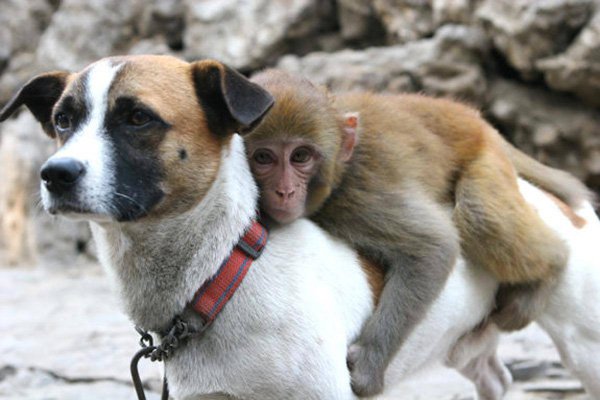 Benefits of Installing Birds Protection Net
Benefits of Installing Birds Protection Net
 Fun & Fascinating Facts About Cats, Our Feline Friends
Fun & Fascinating Facts About Cats, Our Feline Friends
 Health Conditions That Can Lead To Behavioural Changes In Your Dog
Health Conditions That Can Lead To Behavioural Changes In Your Dog
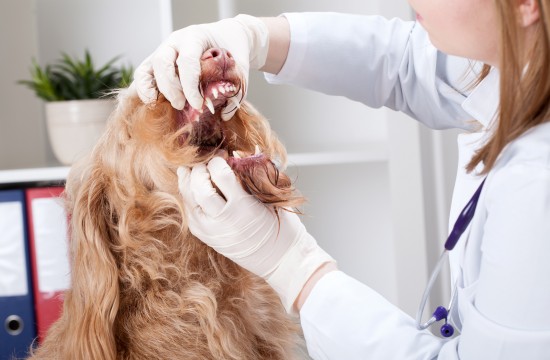 What Are Anaerobic Bacterial Infections In Dogs?
What Are Anaerobic Bacterial Infections In Dogs?
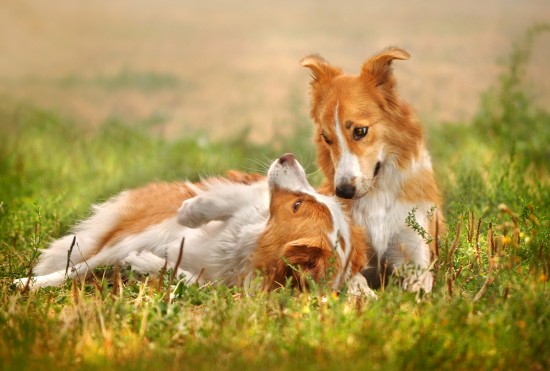 Dogs And Their Eye Contact With Each Other, And What This Means
Dogs And Their Eye Contact With Each Other, And What This Means
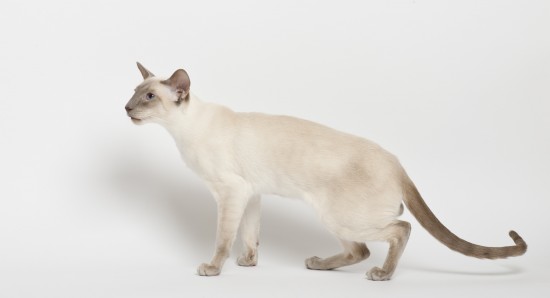 7 Of The Most Affectionate Cat Breeds
7 Of The Most Affectionate Cat Breeds
 How Can You Tell If A Female Dog Has Been Spayed?
How Can You Tell
How Can You Tell If A Female Dog Has Been Spayed?
How Can You Tell
 Few reasons for why are your pets getting affected by Fleas and Ticks?
How did your dog get these fleas and ticks?
Generally your
Few reasons for why are your pets getting affected by Fleas and Ticks?
How did your dog get these fleas and ticks?
Generally your
 All About The South African Boerboel Dog
All About The Sou
All About The South African Boerboel Dog
All About The Sou
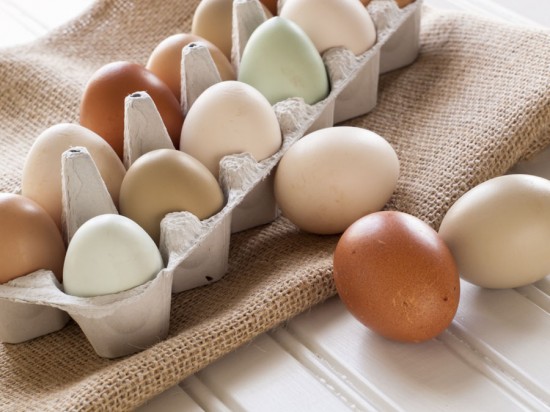 Chicken Breeds And Their Egg Colours
Chicken Breeds An
Chicken Breeds And Their Egg Colours
Chicken Breeds An
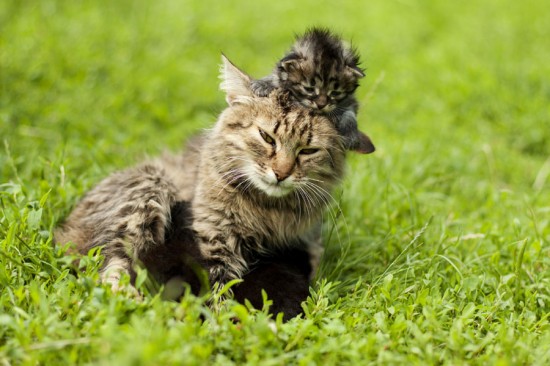 Cat Or Kitten - Which One Is Right For You
Cat Or Kitten - W
Cat Or Kitten - Which One Is Right For You
Cat Or Kitten - W
Copyright © 2005-2016 Pet Information All Rights Reserved
Contact us: www162date@outlook.com